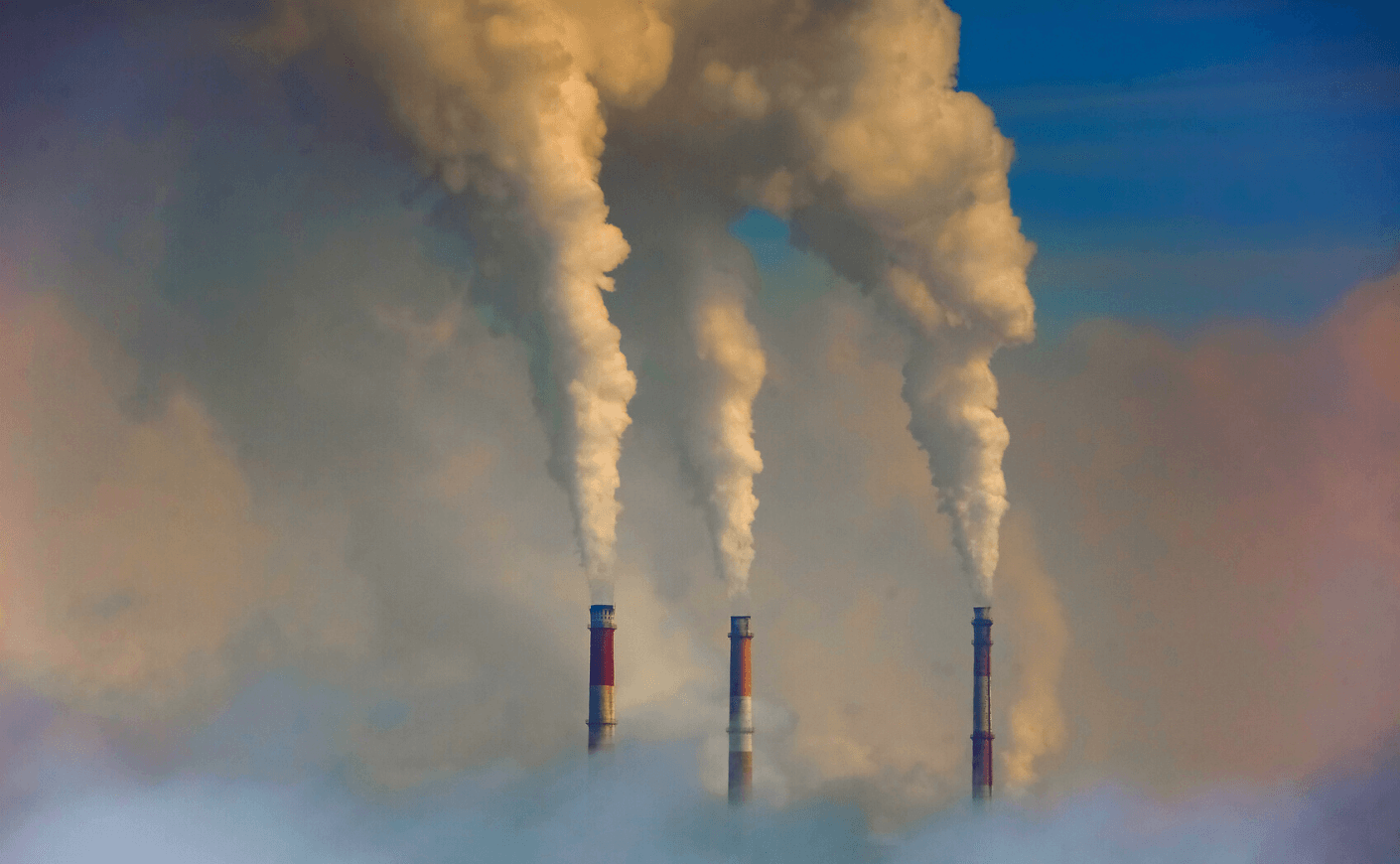World leaders (along with thousands of activists, including Greta Thunberg) have gathered in Glasgow for a United Nations global warming conference that some see as a make-or-break moment in the fight against climate change.
But before we get into that, it’s important to take a step back and examine the big picture of global warming — and get to the truth of an issue that’s been so consistently warped through the lens of political spin. We’ve made a quick, easy-to-digest video with everything you need to know:
And now, on to the details of the summit…
What is it?
The main goal of the 12-day summit, called COP26, is to prevent global warming from rising more than 1.5 degrees Celsius above pre-industrial levels. (Surpassing that limit would trigger more destructive climate crises, like water shortages and deadly heat waves, scientists say.) We have fewer than 10 years to cut carbon emissions enough to stay below that threshold, according to experts, meaning global leaders must take bold steps now to hit that target.
The conference remains “our last, best hope to keep 1.5 in reach,” Alok Sharma, the U.K. minister chairing the climate talks, said.
What will happen at COP26?
Countries will be pushed to drastically cut their carbon emissions. Wealthy nations are also expected to boost their funding to low-income countries to help them pivot away from fossil fuels and adapt to the impacts of climate change.
Where do the major players stand?
China (the world’s biggest polluter, ahead of the U.S. and India) last week released its climate pledge, which deeply disappointed environmental advocates who’d hoped the country would present an ambitious new commitment. President Xi Jinping, Russian President Vladimir Putin, and Brazilian President Jair Bolsonaro, are not expected to attend.
Meanwhile, the U.S. will return to the summit after a four-year absence under President Trump. President Biden has committed to cutting greenhouse gas emissions in half by 2030. But as Congress continues to wrestle with his climate agenda, it remains uncertain whether the Biden administration will be able to meet that goal.









